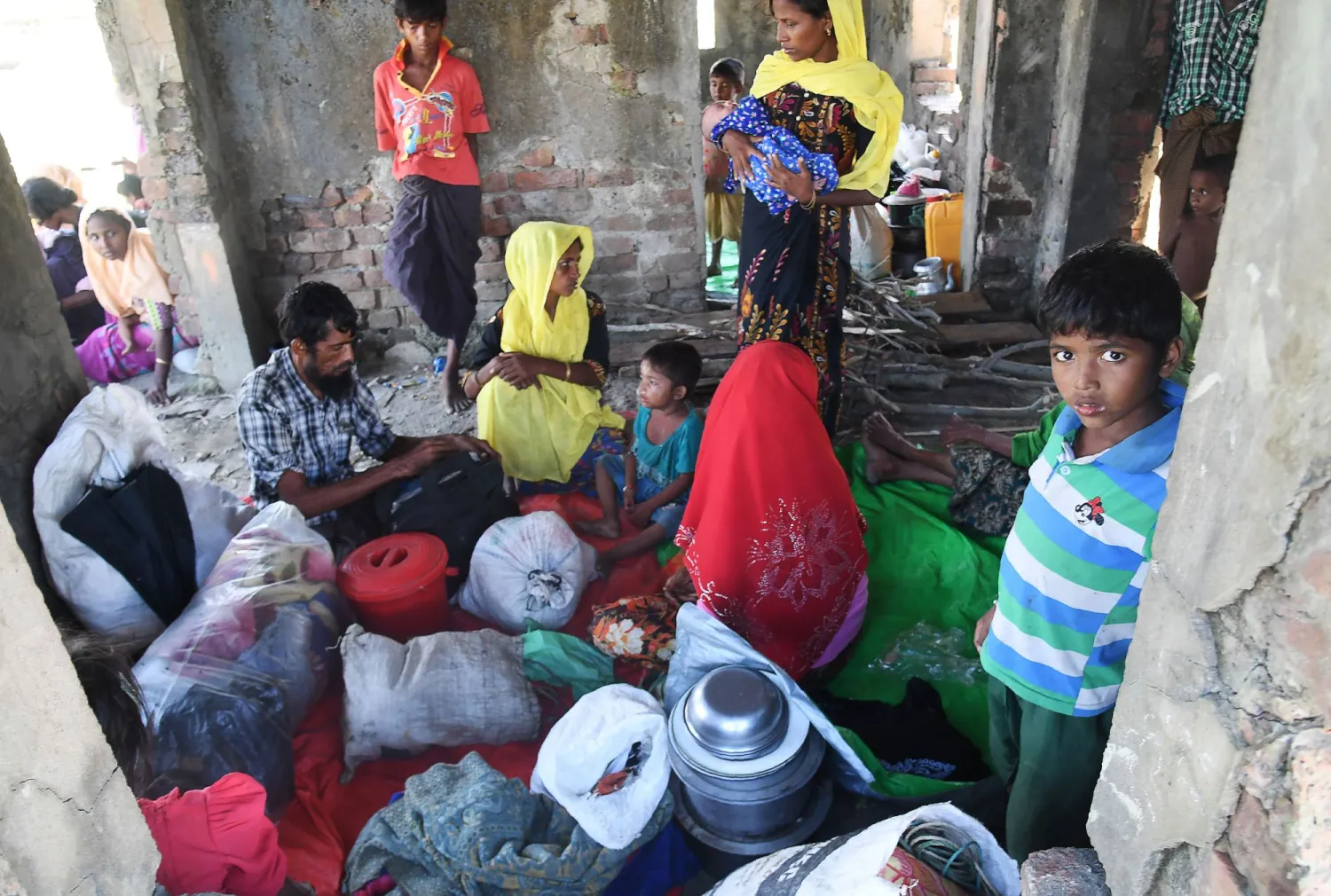Myanmar soldiers "systematically targeted" Rohingya women for gang-rape during violence against the minority Muslim community which triggered an exodus to Bangladesh, a UN special envoy said Sunday.
Pramila Patten, a special representative of the UN Secretary-General on sexual violence in conflict, made the comments after visiting Bangladesh's southeastern district of Cox's Bazar where some 610,000 Rohingya have taken refuge in the last ten weeks.
Many of these atrocities "could be crimes against humanity", Agence France Presse quoted her as saying.
"I heard horrific stories of rape and gang-rape, with many of the women and girls who died as a result of the rape," Patten told reporters in Dhaka.
"My observations point to a pattern of widespread atrocities, including sexual violence against Rohingya women and girls who have been systematically targeted on account of their ethnicity and religion."
The sexual violence in Myanmar's northern state of Rakhine was "commanded, orchestrated and perpetrated by the armed forces of Myanmar", she said.
"The forms of sexual violence we consistently heard about from survivors include gang-rape by multiple soldiers, forced public nudity and humiliation and sexual slavery in military captivity."
"One survivor described being held in captivity by the Myanmar armed forces for 45 days, during which time she was repeatedly raped. Others still bore visible scars, bruises and bite marks attesting to their ordeal," Patten added.
The special representative said others involved in the sexual violence include Myanmar border police and militias composed of Buddhists and other ethnic groups in Rakhine.
Refugees are still streaming across the border from Rakhine into Bangladesh, where hundreds of thousands have settled in squalid camps.
The UN now estimates the majority of the Rohingya once living in Rakhine -- previously estimated at around one million -- have fled a campaign of violence it has likened to ethnic cleansing.
Patten said the sexual violence was a key reason behind the exodus and occurred in the context of "collective persecution" of the Rohingya.
"The widespread threat and use of sexual violence was clearly a driver and push factor for forced displacement on a massive scale and a calculated tool of terror aimed at the extermination and the removal of the Rohingya as a group," she said.
For decades the Rohingya have faced persecution in Myanmar, where they are denied citizenship and denigrated as illegal "Bengali" immigrants.









